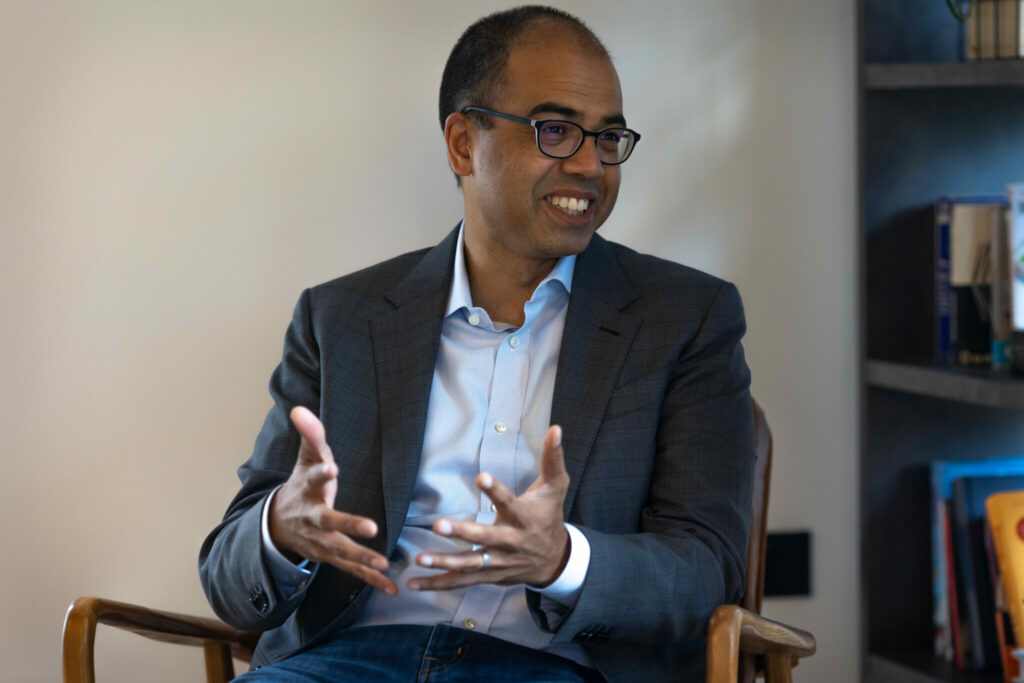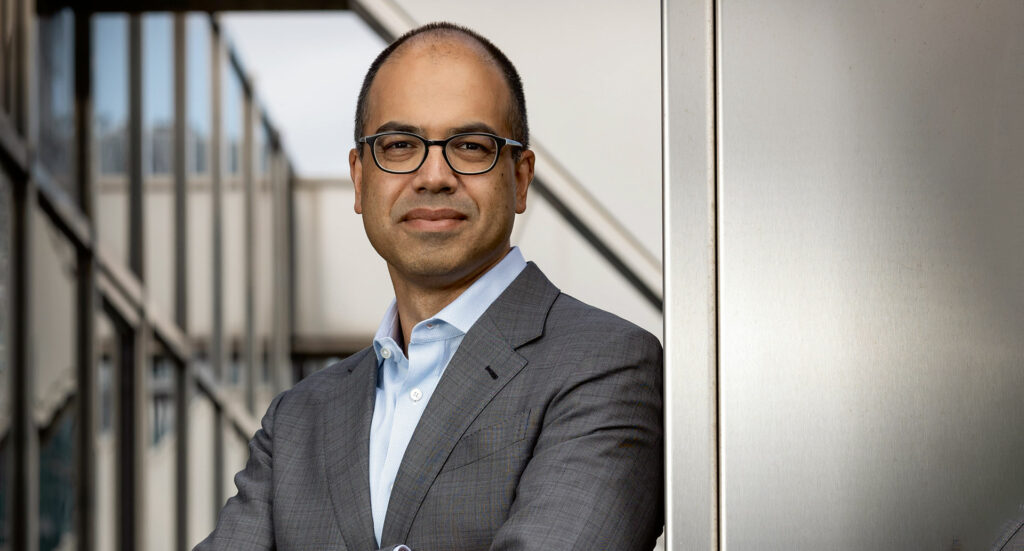IoT disruptor Samsara has announced its Q2 fiscal 2023 financial results. The report indicates a strong quarter of growth at scale, as the company surpassed $660m of annual recurring revenue (ARR), growing more than 50 percent year-over-year (YoY).
The company’s Q2 revenue reached $153.5m representing 52 percent YoY growth; additionally the company saw almost a thousand (989) customers with ARR over $100k, up 61 percent YoY.
For the October quarter, Samsara projects revenue of $154m to $156m, up between 35 percent and 37 percent. The company forecasts revenue for the January 2023 fiscal year of between $610m and $614m, up 42 percent to 43 percent.
Sanjit Biswas, co-founder and CEO of Samsara, said: “We delivered another strong quarter of growth at scale, surpassing $660m of ARR, growing more than 50 percent year-over-year. Our customers provide the critical infrastructure that powers the global economy.
“Today’s challenging environment is driven by rising inflation, disrupted supply chains, tight labor markets and geopolitical risks. This is why many of our new customers are choosing Samsara to provide a rapid return on investment. Samsara’s Connect Operations Cloud helps our customers control costs by running smarter, safer and more efficient operations.”
Samsara uses a mix of hardware and software to track, monitor and analyze physical operations with IoT and GPS sensors, AI-infused cameras, motion detectors, a connected operations cloud and an app. Speaking with ERP Today recently, Biswas said one of Samsara’s core values is that it builds “for the long term.”
“Being public means we have this X-ray of our progress every 90 days, but our strategy is much more focussed on longer term objectives – like embedding customer success in everything that we do, around building our culture and creating an environment for teamwork and collaboration,” Biswas told us.
“It takes time to build the right kind of company – look at the likes of Oracle and SAP – they are 40 or 50 years old and see the impact they have on the world today. We invest and plan for a longer term future so we can have the same kind of impact in years to come.”



